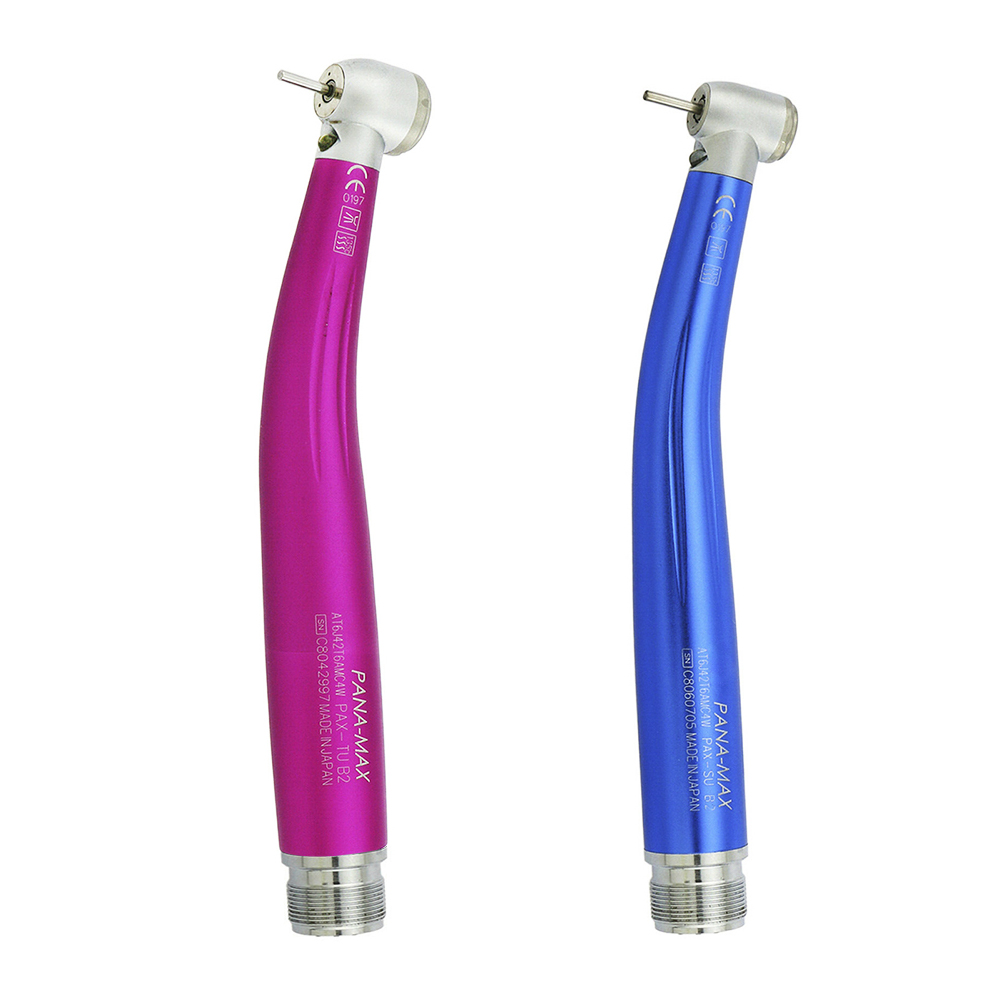
Strategies for Teeth Whitening Sensitivity
Teeth whitening is definitely a great way to boost confidence and smile. We’ve all seen the brilliant white smiles cast by Hollywood stars on the red carpet, so how do they make their teeth bright and white? Teeth whitening is a fairly simple process, which can be done at the dental clinic or Do it in your own home.
The only downside to whitening your teeth is that it sometimes produces sensitivity. Tooth sensitivity is usually a severe pain in response to cold air or water. If you are sensitive to your teeth, you may need to rethink your whitening methods. However, there are many ways to solve this problem, and at the same time allow you to whiten your teeth and achieve a beautiful smile.
If you have allergies at home, you can try the following methods when whitening your teeth. If you have performed this procedure in the dental office and are beginning to experience sensitive issues, you can try these tips, but be sure to follow the instructions of your dentist.
It is important to follow your dentist’s instructions when using professional products. Try to reduce it to every other day, sometimes giving your teeth a short rest between treatments can help reduce symptoms.
Check if you are using a product with a lower peroxide content (for most people 6-10% is relatively low). Although you may think that the higher the hydrogen peroxide content, the better the effect, but if you and your teeth are bad, it is not worth it.
When you are whitening, don’t have cold drinks and food. Teeth may be sensitive to temperature under normal conditions, but whitening really exacerbates the problem of sensitivity.
Using fluoride bleach and / or sensitive toothpaste can help alleviate symptoms. Fluoride treatment is sometimes recommended before, during, or after whitening teeth.
Be sure to use a soft bristle brush when brushing your teeth. Soft bristles are gentler on your teeth and gums and help reduce your symptoms.
If your sensitive problem persists or worsens, be sure to notify your dentist. There may also be other causes, such as shrinking gums or tooth decay. Ask your dentist about desensitization products you can use in the office. When used correctly, they are believed to effectively reduce sensitivity.
Although tooth sensitivity and whitening are very common, it is usually short-term and usually lasts 24-48 hours. Many years ago, most tooth whitening products contained very dazzling ingredients that actually damage the teeth and cause them to be extremely sensitive. Since then, the product has improved a lot, especially the whitening products in the dental clinic, which use high-quality ingredients that are gentler on your teeth.





